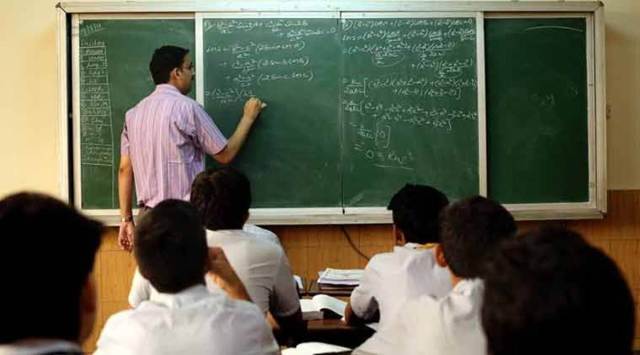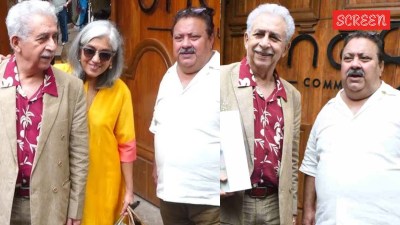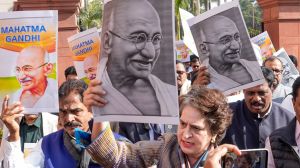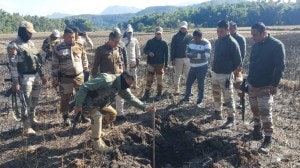The National Commission for Backward Classes (NCBC) has sought an inquiry into a complaint against a government-appointed committee that recently recommended that IITs be exempt from reserving faculty positions.
On January 5, the Commission wrote to Amit Khare, Higher Education Secretary in the Ministry of Education (MoE), seeking a compliance report within 15 days of the letter’s receipt. According to sources, the ministry received the letter on Monday.

NCBC’s letter takes cognizance of a complaint filed by Dharmendra Kumar, president of the Technical Universities Teachers Association (TUTA), last month. In his complaint, Kumar requested the Commission “to do the needful” to ensure that the government does not accept the committee’s recommendation.
The committee was set up by the MoE in April last year to look into “effective implementation of reservation” in student admissions and faculty positions at IITs.
Instead of implementing quotas in faculty positions, the panel had suggested that the 23 IITs should be exempted from reservations altogether under the Central Educational Institutions (Reservation in Teachers’ Cadre) Act 2019.
Rather than specific quotas, diversity issues should be addressed through outreach campaigns and targeted faculty recruitment, the panel had said in its report to the government.
The report stated that IITs should be added to the list of “Institutions of Excellence” mentioned in the Schedule to the CEI Act. Section 4 of the Act exempts “institutions of excellence, research institutions, institutions of national and strategic importance” mentioned in the Schedule and minority institutions from providing reservation.
Story continues below this ad
Currently, Tata Institute of Fundamental Research, National Brain Research Centre, North-Eastern Indira Gandhi Regional Institute of Health and Medical Science, Jawaharlal Nehru Centre for Advanced Scientific Research, Physical Research Laboratory, Space Physics Laboratory, Indian Institute of Remote Sensing and Homi Bhabha National Institute and all its 10 constituent units are covered under Section 4 of the law.
The committee was chaired by IIT Delhi director V Ramgopal Rao and had IIT Kanpur director Abhay Karandikar, representatives of secretaries of the departments of Social Justice and Empowerment, Tribal Affairs, Department of Personnel and Training, Persons with Disabilities and registrars of IIT Bombay and IIT Madras as its other members.
Kumar, in his complaint, questioned the panel’s justification that faculty positions cannot be kept vacant for long (in case no suitable SC, ST and OBC candidates are available) if the IITs have to break into the top global ranking.
“… there are many IITs which were established more than 60-70 years ago but never obtained world ranknig even within top 200 despite being there more than 95% faculty of these institutions from unreserved categories,” he wrote.
Story continues below this ad
“Therefore, it is a baseless point mentioned by the committee… Also, it will impact the diversity issues in these instutions, which will be against the spirit of the Constitution of India.”
The 23 IITs reserve posts while recruiting faculty at the entry-level of Assistant Professor. There is no SC/ST/OBC quota for recruiting at senior faculty posts such as Associate Professor and Professor. Even at the entry-level, if the IITs cannot find suitable SC, ST and OBC candidates, they can de-reserve these posts after a year, as per guidelines notified by the government in 2008. However, in humanities and management courses at IITs, quotas are offered at all three levels.
According to the Education Ministry’s data shared with Parliament in 2018, out of 8,856 teaching posts across 23 IITs, 6,043 faculty were, at that time, in position and 2,813 vacant. Of the 6,043 teachers, only 149 are from the Scheduled Caste (SC) category and and 21 from Scheduled Tribe (STs).

































